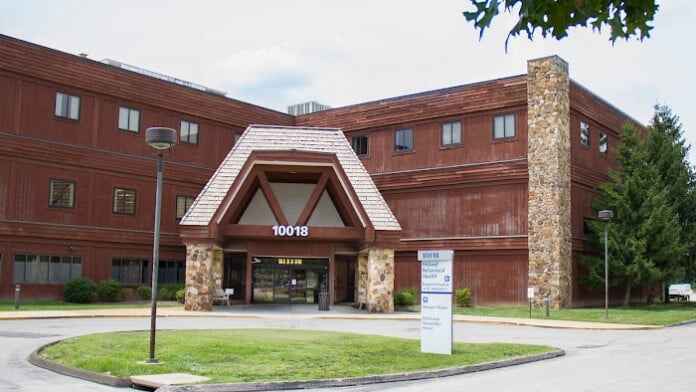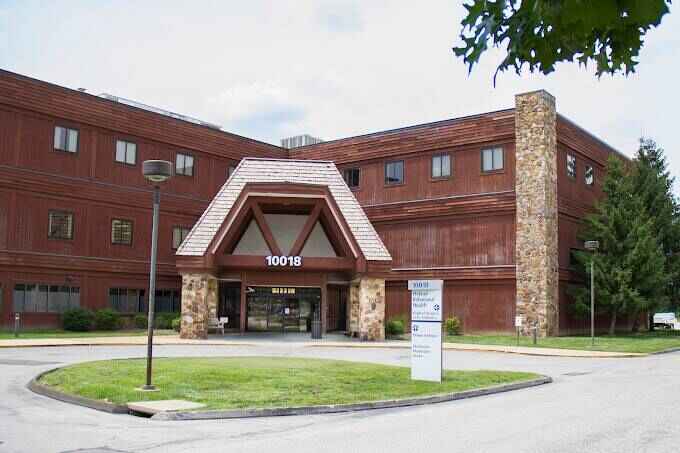About Hyland Behavioral Health System – St. Louis
Hyland Behavioral Health System operates under the Mercy health system, located in St. Louis, Missouri, provides education, prevention, and treatment services for psychiatric illness and chemical dependency covering patients of all ages – from kids to older adults. They also offer specialized dual diagnosis treatment.
Hyland Behavioral Health System offers virtual substance abuse programming, outpatient treatment, and medication assisted treatment services.
The Substance Use Recovery Program at Hyland Behavioral Health System is a virtual care experience that addresses continued opioid use by combining several elements of care. A physician trained in medication-assisted treatment administers medication to participants. A social worker addresses psychological concerns through the form of mental health care. This program is also available to those without the means to pay.
Medication Assisted Treatment provides medications along with comprehensive medical, psychiatric, and behavioral counseling. FDA approved medications are used to support withdrawal from opioid drugs and to help maintain long-term abstinence. By combining medication with mental health treatment, a greater chance of success is achieved for long-term abstinence.
The outpatient program at Hyland Behavioral Health System is for those with mental health concerns, substance use disorder, or dual diagnosis. Medication management, counseling services, case management, electroconvulsive therapy, family and group therapy are all offered.
Mental health treatment focuses on helping individuals recover from mental illnesses like bipolar disorder, clinical depression, anxiety disorders, schizophrenia, and other challenging psychiatric conditions. Individual therapy, group therapy, and family therapy all serve as ways to deliver mental health support. These services can be administered in an inpatient setting, within an outpatient setting, or at a clinical office.
Individual therapy creates the space to explore the psychological challenges associated with the addiction. With the help of a professional, individuals are given the space and direction to talk about and process their emotions. Often this includes unresolved trauma, anger, depression, anxiety, and the need for more control or autonomy in life.








